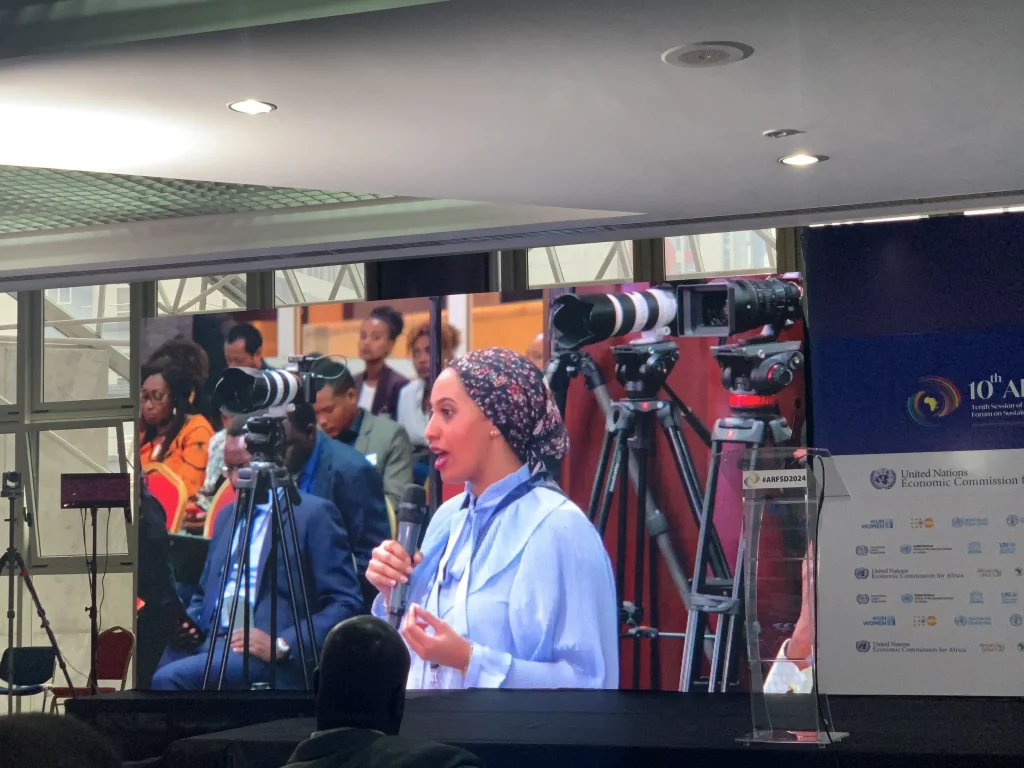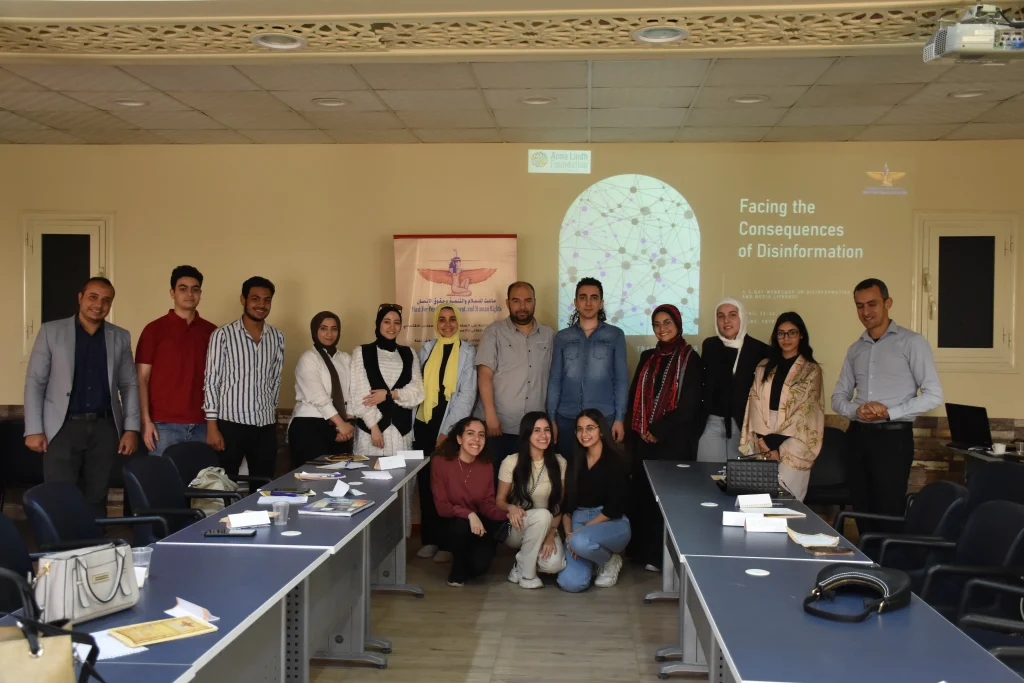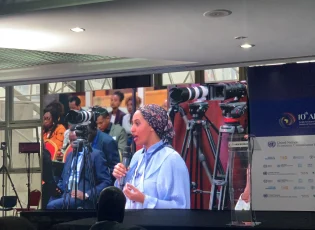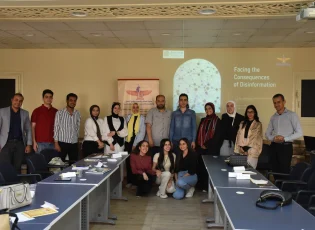Maat issues a policy paper entitled: “ “Cotton Cultivation in Egypt… The Path towards the Return of the Strategic Crop and the Promotion of Sustainable Economy”
Ayman Okeil: Egypt has a promising opportunity to restore the cotton boom after the decline in world production
In light of its interest in the topic of the green economy and sustainable development goals, the Policy Analysis Unit at Maat for Peace, Development and human Rights issued a policy paper entitled “Cotton Cultivation in Egypt… The Path Towards the Return of the Strategic Crop and the Promotion of Sustainable Economy”, which comes within a series of papers about the green economy and sustainable development. This paper is essentially aimed at addressing several economic and social challenges at the policy level by analyzing the existing policies and the opportunities to apply alternative solutions, in addition to providing a set of proposals and recommendations in terms of public policies.
This paper sheds light on the importance of the renewed interest in cotton cultivation in Egypt as one of the strategic crops that has achieved huge economic returns and global fame since the era of Muhammad Ali Pasha, when the amount of cotton cultivated at that time reached 2 million acres. Nowadays, strong opportunities are emerging for the restoration of the boom of such crop once again in light of the decline in world production and the increase in prices.
In this context, Ayman Okeil, President of Maat, pointed out that the climate implications and their economic impacts on all the world’s countries push each country to search for opportunities to preserve its resources and promote its economic power in a sustainable manner in order to ensure the realization of sustainable development goals, including the creation of job opportunities and eliminating of poverty. As such, cotton cultivation is one of the most important tools to this end, as it provides huge job opportunities and the raw material for textile industries.
For his part, Ahmed Salah, a researcher at Maat, said that many international studies have affirmed the importance of Egyptian cotton worldwide, since Egypt is among the four countries in the world that produces long-staple cotton. This represents a strong motive to develop this cultivation by improving and growing new varieties of long-staple cotton strains that promote local production and create new competitive advantages for cotton abroad, while continuing to provide incentives for farmers to expand in cotton cultivation in the upcoming years and facilitate its marketing to the textile factories in Egypt, so that it is not exported as a raw product.

 |











